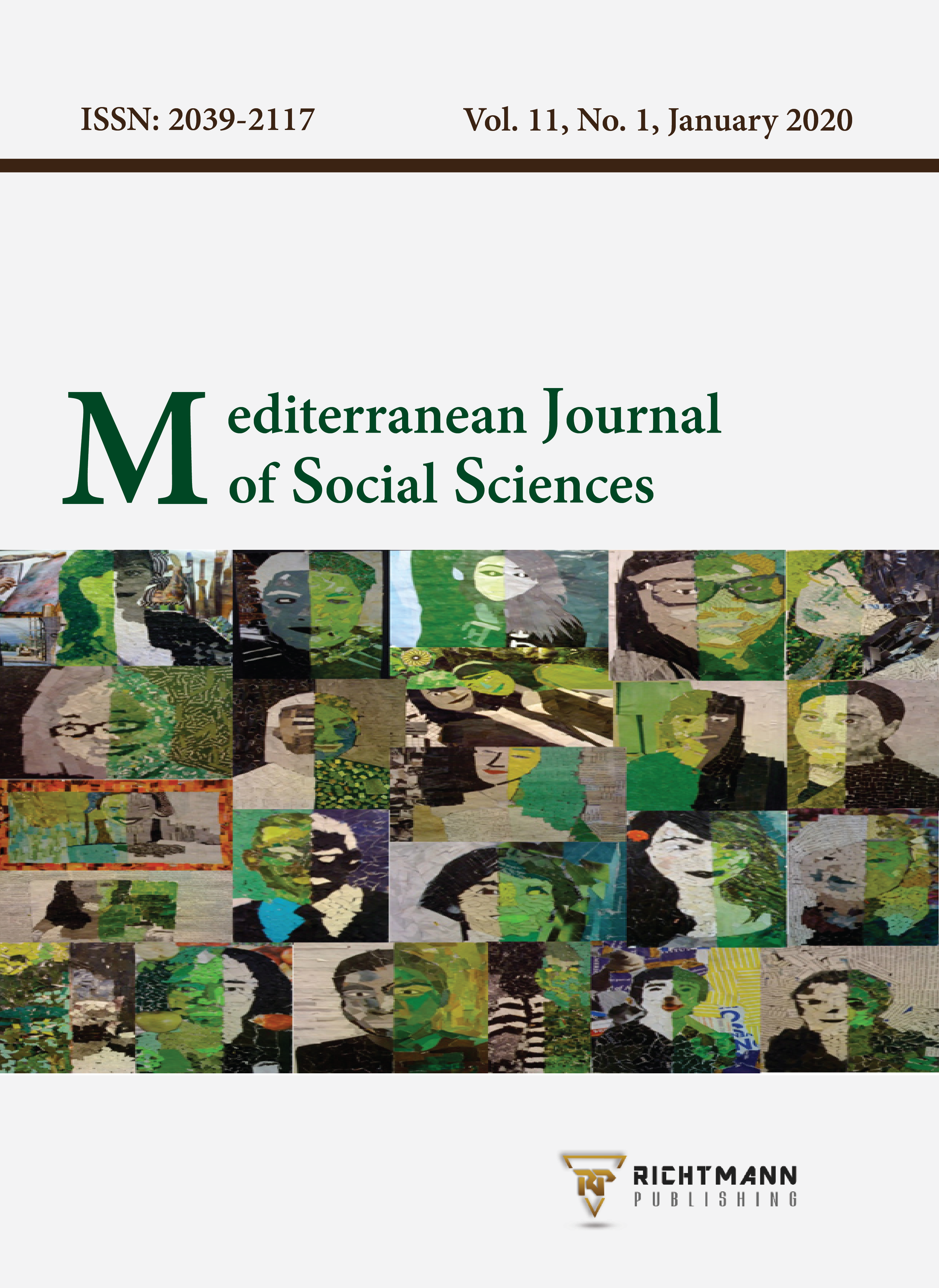Perceived Electricity Supply Prices for Political Socialization in Education: University Functionality in Cross River State, Nigeria
DOI:
https://doi.org/10.36941/mjss-2020-0012Abstract
This study examined electricity supply prices for political socialization in education and its implications for functionality in university education in Cross River State, Nigeria. The study was a descriptive survey research. The population included 942 head of departments in the two public universities located in Cross River State, Nigeria. Stratified sampling technique was used to select 250 respondents from the universities studied. The instrument designated ‘Electricity Prices For Political Socialization Questionnaire (EPFPSQ)’ was designed to collect data for the study. The instrument was validated and had a reliability co-efficient of 0.853. The data collected were analyzed using frequency counts and percentage score. The study revealed that electricity supply prices, through management techniques of cost effectiveness, cost efficiency, access to and control of education moderately empowered the university system for political socialization. Electricity prices showed inadequate contributions with weak impact on benefit-related factors for political socialization. Government did not provide support in electricity price reduction though encouraged investment in electricity supply through Power Holding Company Ltd (PHCN). It was concluded that the perception of electricity supply prices could guarantee political socialization towards functionality in university education. Some of the recommendations made were: universities should give attention to electricity supply prices for political socialization. Government should see electricity supply prices and political socialization as a sine-qua-non for functionality in university education.
Downloads
Downloads
Published
Issue
Section
License
This work is licensed under a Creative Commons Attribution-NonCommercial 4.0 International License.











